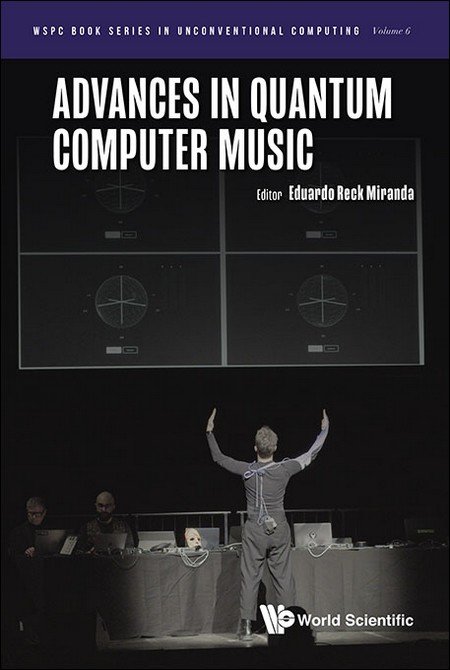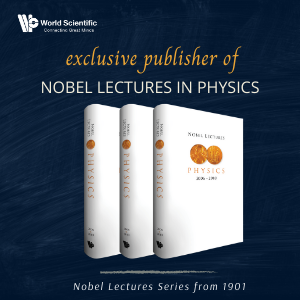System Upgrade on Tue, May 28th, 2024 at 2am (EDT)
Existing users will be able to log into the site and access content. However, E-commerce and registration of new users may not be available for up to 12 hours.For online purchase, please visit us again. Contact us at customercare@wspc.com for any enquiries.
The modern music industry depends critically on computers. The development of conventional digital computing technology for music has been progressing in tandem with the evolution of computers since the 1950s. Therefore, future developments in quantum computing are most likely to impact the way in which musicians will create, perform, and conduct research.
Classical computers manipulate information represented in terms of binary digits, each of, which can be equal to 1 (on) or 0 (off). They work with microprocessors made up of billions of tiny switches that are activated by electric signals. In contrast, a quantum computer deals with information in terms of quantum bits (qubits), which can operate at the subatomic level. In other words, they directly work in the realm of quantum physics. Since they can run algorithms that are non-tractable to run on digital computers, quantum computers are surfacing as a promising disruptive technology.
Advances in Quantum Computer Music collates a comprehensive collection of chapters by pioneers of emerging interdisciplinary research at the crossroads of quantum computing and music. Together, these pioneers hope to anticipate and prototype the unprecedented new uses for this technology that are bound to emerge from their cutting-edge research.
Sample Chapter(s)
Foreword
Chapter 1: Sonifications of Quantum Superpositions: Methods and Musical Applications
Contents:
- Sonifications of Quantum Superpositions: Methods and Musical Applications (Walker Smith, Dmitri Volkov and Alex Alani)
- Quantum Feedback Delay Networks (Davide Rocchesso)
- Exploring Quantum Phenomena through Sound: Strategies, Challenges, and Insights (Reiko Yamada, Eloy Piñol, Samuele Grandi, Jakub Zakrzewski and Maciej Lewenstein)
- Quantum Memory: Measuring the Degree of Non-Markovianity of Orchestral Music (Maria Mannone and Omar Costa Hamido)
- An Introduction to Quantum Probability Amplitude Modulation (QPAM) from a Compositional Perspective (Eren Utku)
- Investigating the usefulness of Quantum Blur in Music (Marcel Pfaffhauser and James Wootton)
- Qubit Instrumentation of Entanglement (Mark Carney)
- Developing a Framework for Sonifying Variational Quantum Algorithms: Implications for Music Composition (Paulo Vitor Itaboraí, Peter Thomas, Arianna Crippa, Karl Jansen, Tim Schwägerl and María Aguado Yáñez)
- Music AI with Quantum Reservoir Computing (Eduardo Reck Miranda and Hari Vignesh Shaji)
Readership: Academic community and researchers in the field of Unconventional Computing, specifically Quantum Computing, musicians interested and/or working with Music Technology, and students and science journalists interested in arts-science topics.





